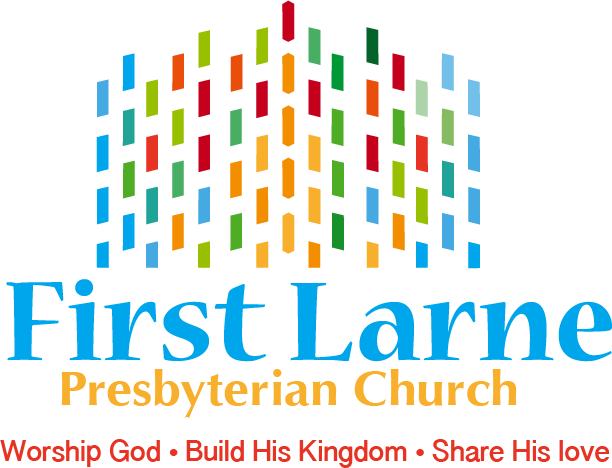Excelsior: The death of Stan Lee
Some of you superhero fans may find this comment of interest.
Excelsior!
It was the word Stan Lee would use to sign off his pithy column to fans in his early comic books, meaning ‘higher, ever upward!’ The legendary publisher, writer, and co-creator of superheroes from Spider-Man to the Incredible Hulk died on Monday, and it is no wonder that many have used the word in tribute to him on social media.
In real life Lee was as colourful a character as the caped crusaders who filled the pages of Marvel Comics: his editorial flourish; his in-story asides that drew the reader into a shared secret world; and his cameos in every Marvel film since 2000 have made him the best-known figure in comic book history.
Frustrated by the dull, two-dimensional, black-and-white comic book characters of the 40s and 50s, Lee instead chose to create more colourful, full-blooded, and flawed characters. He spawned ‘The Fantastic Four’ and soon after the teenage web slinger with whom he’d become synonymous.
Spider-Man encapsulated the characteristics that would make Lee the doyen of a bold new age for comics: Lee’s heroes were ‘gods’ among humans but gods with feet of clay. Science geek Peter Parker gained all the powers of a human arachnid and so never had to fear the school bully again… but he still had to pay his rent, deal with acne, and stumble through fumbling romantic interludes.
Lee hit on a formula that fans loved: heroes with dark sides and doubts who would have to learn, as Spider-Man’s mentor tells him, that ‘with great power comes great responsibility’.
You see, saving the world is never simple, a fact that the late great Eugene Peterson’s paraphrase of John 1:14 attests to: ‘The word became flesh and blood and moved into the neighbourhood.’ To save humanity, God would have to become one of us, would have to get his hands dirty.
Lee gave us all too human heroes, but Jesus shows us what true humanity is like. And his expectation for us is revealed in what he prayed to the Father: ‘I have given them the glory that you gave me, that they may be one as we are one – I in them and you in me’ (John 17:22-23).
As Athanasius famously insisted: ‘God became man that man might become God’.
That’s a destiny far weightier than any superhero could hope for.
Excelsior indeed.
Jason Gardner (Curate at the Church of England parish of St Peter’s West Harrow)


